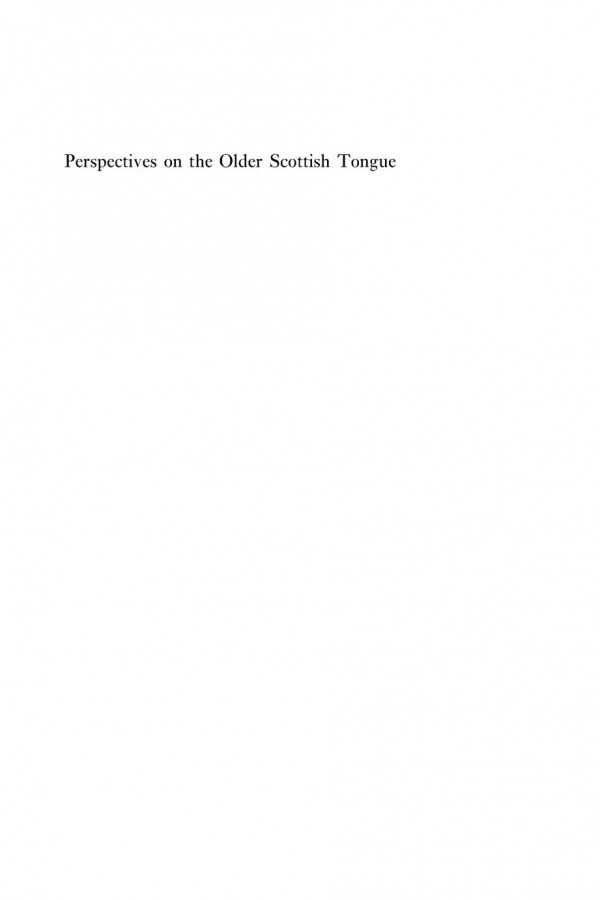

Most ebook files are in PDF format, so you can easily read them using various software such as Foxit Reader or directly on the Google Chrome browser.
Some ebook files are released by publishers in other formats such as .awz, .mobi, .epub, .fb2, etc. You may need to install specific software to read these formats on mobile/PC, such as Calibre.
Please read the tutorial at this link: https://ebookbell.com/faq
We offer FREE conversion to the popular formats you request; however, this may take some time. Therefore, right after payment, please email us, and we will try to provide the service as quickly as possible.
For some exceptional file formats or broken links (if any), please refrain from opening any disputes. Instead, email us first, and we will try to assist within a maximum of 6 hours.
EbookBell Team

5.0
100 reviewsGBS_insertPreviewButtonPopup('ISBN:9780748622818);
This book celebrates the rich diversity of the Scots language and the culture it embodies. It marks two important events in Scots language scholarship: the completion of the Dictionary of the Older Scottish Tongue (DOST) in 2001 and the publication of its final volumes in 2002. The thirteen chapters which comprise the volume cover many aspects of Scottish life as illuminated by the words used to describe them. The writers, experts in their own fields, are linked by the fact that they have all made use of the wealth of information in DOST to advance their research. Their topics include the use of DOST in reading literature, in tracing the consumption of cereals and wine in early Scotland, in elucidating place names and terms used in shipping, building and measurement, and in defining such complex concepts as homicide and the role of the 'gossip'. Nor is the history and structure of the dictionary itself forgotten. There is a study of its development from its beginnings in the 1920s, together with biographical notes on its editors over the years. There are also chapters drawing comparisons with the Middle English Dictionary, the Linguistic Atlas of Older Scots and the proposed historical dictionary of Scottish Gaelic. The book will thus appeal to those interested in the history of Scots and Scotland, and to those with a more general interest in the history of languages and development of dictionaries.